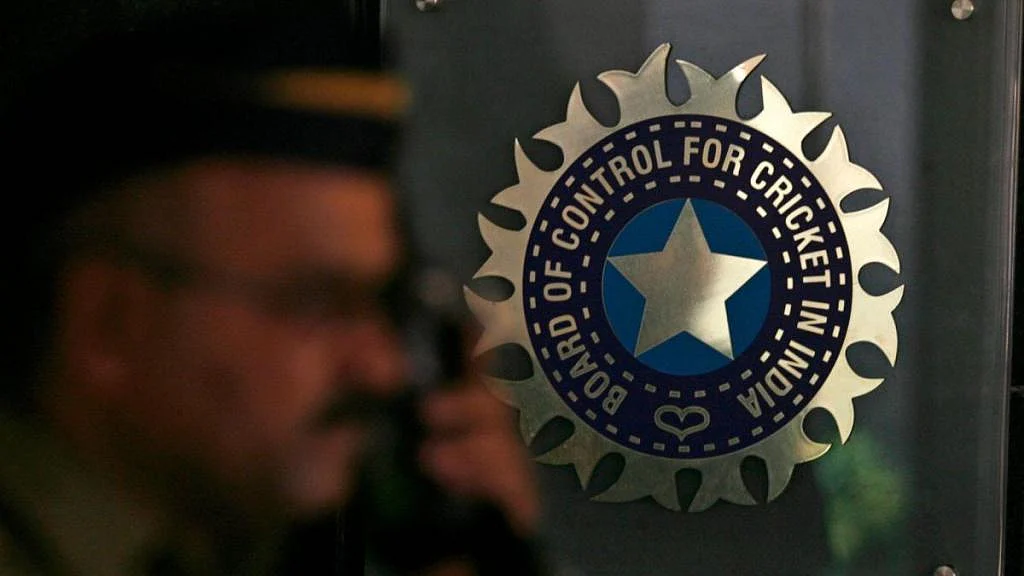Cricket
Sports Bill: BCCI gets its way, escapes RTI clause post-amendment
The richest cricket body in the world is set to be exempted on the grounds that it doesn’t depend on government funding or assistance

The hype over the Board of Control for Cricket in India (BCCI) coming under the Right to Information Act (RTI), following the tabling of the National Sports Governance Bill in Parliament on 23 July, has turned out to be a case of much ado about nothing.
The union ministry of sports and youth affairs have now reportedly made a crucial amendment to the Bill — which exempts the richest cricket body in the world from coming under RTI, as it does not receive government grants or financial assistance for its operations.
The proposed Bill sparked a lot of hue and cry over the idea of the BCCI having to toe the same line as other National Sports Federations (NSF) — with cricket now set to be included in the Olympic fold from Los Angeles 2028. Said Bill is expected to be taken up in the Lower House before the Monsoon session is over — and it will be interesting to see whether the Opposition sees the amendment as a tacit move to provide ‘relief’ to the cricket body and give it the status of first among equals.
The BCCI has, over the years, thwarted attempts to bring them under the purview of RTI — more than ever since the Justice R.M. Lodha Commission’s proposal for reforms in the wake of a public interest litigation (PIL) over charges of match-fixing and corruption in the 2016 IPL. The Supreme Court had referred it to the Law Commision, which also recommended the same, as they felt that the cricket board — registered as a ‘non-profit organisation’ — has received “substantial financing” from appropriate governments over the years in terms of tax exemptions, land grants, etc.
Published: undefined
In its earlier iteration, the much-talked about Sports Bill proposed by Dr Mansukh Mandaviya, union minister of sports and youth affairs, had sought to bring the Indian cricket board under the ambit of the proposed National Sports Board (NSB), as one of the National Sports Federations (NSF).
Earlier, clause 15 (2) of the Bill stated that “a recognised sports organisation shall be considered as a public authority under the Right to Information (RTI) Act, 2005 with respect to the exercise of its functions, duties and powers under this Act”.
The BCCI bigwigs had reserved their comments at the time — waiting it out until response was unavoidable — but the current amendment shows now defines ‘public authority’ as an entity that relies on government funds or assistance. It’s a no-brainer that the BCCI, a financial powerhouse which calls the shots in world cricket and has declared an annual revenue of Rs 9741.7 crores for the financial year 2023–24, couldn’t care less for government funding for training, travel and infrastructure.
The amended Sports Bill defines the sports bodies liable under RTI as follows: “A recognised sports organisation, receiving grants or any other financial assistance from central government under sub-section (1) or from a state government, shall be considered a public authority under the Right to Information Act, 2005, with respect to utilisation of such grants or any other financial assistance.”
Published: undefined
The BCCI will, however, have to comply with other guidelines and register itself as an NSF given that cricket has become an Olympic sport and form a) an ethics commission, b) an athletes’ committee and (c) a ‘safe sports’ policy.
Now, doubtless it was at the BCCI’s behest that the modification regarding the RTI clause was proposed — and the amendments have drawn mixed responses from the sporting community. While some feel that when it comes to cricket, the decision-makers from all political parties work towards a common platform to protect the interests of the board, another section feels that the exemption clause should spur other sporting bodies to try and walk the path of the BCCI.
Speaking to National Herald, a veteran of the Indian sporting ecosystem argued on condition of anonymity: “The RTI is needed when someone is trying to suppress facts. The BCCI, which raises money largely from TV rights and sponsorship, posts details of any major transaction and audited balance sheets on their website anyway. A substantial part of their revenue is channelised to boost the infrastructure of all state bodies and develop talent at the grassroots level — which reflects in the way India has been dominating the game. Now, it’s up to the other NSFs to try and emulate the BCCI.”
Published: undefined
Follow us on: Facebook, Twitter, Google News, Instagram
Join our official telegram channel (@nationalherald) and stay updated with the latest headlines
Published: undefined